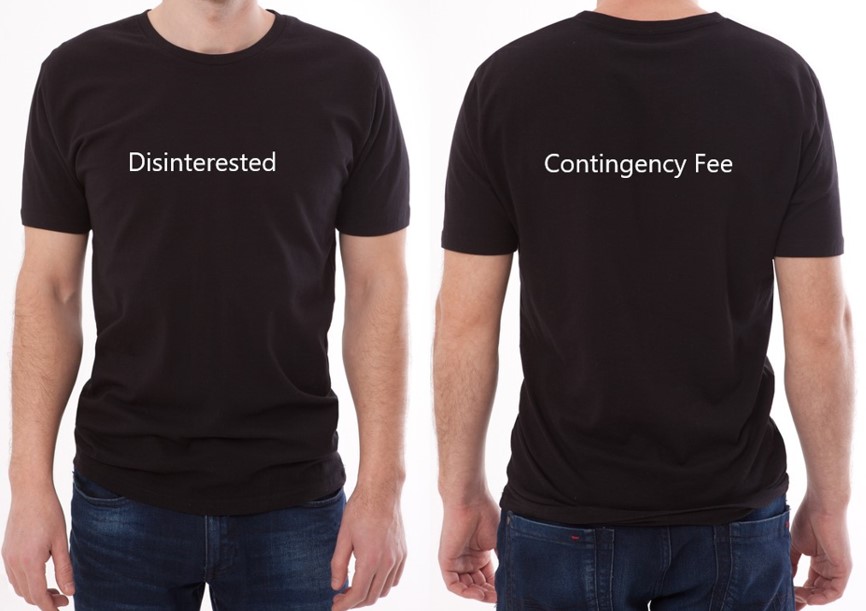Most people never think about their insurance policy until they are forced to make a claim. Once a claim is filed, insureds may find it is difficult to agree with the insurance company on the scope of and valuation of damages. In many cases, insureds find themselves in a dispute with the insurance company and are unsure how to proceed because of the large disparity between the damages claimed and the depreciation calculations provided by the insurer.
There is a remedy. Look to your insurance policy. Most insurance policies have an Appraisal Clause purportedly designed to help the parties avoid litigation. This Appraisal Clause, which can be invoked by either party, can be a double edged sword for insureds. A neutral umpire is assigned or agreed upon by the parties to determine the mere value of the items claimed in the loss, or the actual damages. Although this process may lead to a quicker resolution than litigation, it also has its limitations.
In California, the Court of Appeals determined that an appraisal panel does not have the authority to decide whether an insured actually lost what he claimed to have lost or something different. Safeco Insurance Company of America v. Sharma, (1984) 160 Cal.App.3d 1060.
The Sharma decision was reaffirmed in Kacha v. Allstate Ins. Co., (2006)140 Cal. App. 4th 1023, which demonstrates that insurers must be careful when seeking to expand the scope of appraisal beyond the mere valuation of the items claimed, or the appraisal may be set aside.
In Sharma, the insured lost 36 paintings in a burglary. The insured claimed that the paintings were a museum-quality "set of 36 Rajput miniature paintings, Bundi School, India, late 18th Century." The appraisal panel determined that the paintings were not, as the insured contended, a matched set of museum-quality paintings of the Bundi School, and determined their value to be significantly less than claimed.
On appeal, the court found that the appraisal panel improperly addressed whether the paintings the insured actually owned were those he claimed to have owned. The Sharma court admonished that an appraisal panel has no authority to determine whether an insured lost what he claimed to have lost or something different. The identity of the property, the court explained, was not the same as value, e.g., quality or condition.
In short, an umpire can only resolve a pure financial dispute of damages. When that award is properly given, it takes the effect of an arbitration award and is not easily overturned or set aside unless the umpire overstepped his or her authority or the scope of appraisal. The insured may find the matter is not satisfactorily resolved if the type of coverage, property and repairs slated for appraisal are not agreed on before the appraisal.
If an California insured is concerned about the appraisal process because the scope of a claim is not agreed upon, then the insured may want to consider litigation before invoking the appraisal process per their policy. In the recent decision of Doan v. State Farm General Ins. Co., (2011) 195 Cal. App. 4th 1082, bringing a claim for declaratory relief to address issues that an appraiser could not was upheld by the Court of Appeals. The insurer did not have to submit to an appraisal under Insurance Code Section 2071 prior to obtaining a judicial declaration as to the proper interpretation of Insurance Code Section 2051 and the depreciation regulations arising out of the statute. An appraisal could be stayed under California Code of Civil Procedure Section 1281.2.
The recent development of Doan shows that the Courts recognize the limitations of the scope of the appraisal process and that policyholders have methods of seeking remedies other than appraisal if the scope of the claim is disputed.




